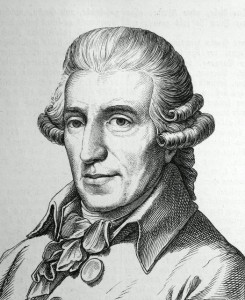 9 (Preview), 12, 13, 15, 16, 18, 19, 20 July 2014
9 (Preview), 12, 13, 15, 16, 18, 19, 20 July 2014
The Warden’s Garden, New College
Approximate performance timings
6.30 Curtain up
7.50 Interval
9.15 Second half
10.15 Curtain down
Rachel Shannon – Vespina
Kate Semmens – Sandrina
Adam Tunnicliffe – Fillippo
Tom Raskin – Nencio
Thomas Kennedy – Vanni
Steven Devine, conductor
Michael Burden, director
Tickets
9 (Preview) Download form here
12 & 18 New College Development Fund Call (01865) 279 337
13 Download form here
15 Download form here
16 Friends of the Oxford Botanic Garden Call (07722) 605 787
19 & 20 Friends of Welsh National Opera Call (01865) 408 045 [email protected]
Despite the fact that Haydn wrote numerous operas, it can be said even today that although not neglected, they are the least know works in his output. And the figures stack up; he produced 13 Italian operas, 4 Italian comedies with spoken dialogue, and 5 or 6 German Singspiele. He also produced incidental music for plays. almost all were composed for the Esterházy court.
L’infedeltà delusa was described as a ‘burletta per musica’, and had a libretto by Marco Coltellini. It was first performed at Eszterháza, the seat of the Esterházy family who employed Haydn, on 26 July 1773, the name day of the Dowager Princess Esterházy. Like many other 18th-century operas, it had a short life; there was one for Empress Maria Theresia on 1 September, and another, on 1 July 1774, to mark the visit to Eszterháza of two distinguished Italians, and then no more during Haydn’s lifetime. Maria Theresia’s reported comment – ‘If I wish to hear a good opera, I go to Eszterháza’ – indicates the esteem that both Haydn and the court were held. It is believed that a gift of 25 ducats from Prince Nikolaus Esterházy to Haydn at the end of May 1774 was a thank-offering for the new opera.
L’infedeltà delusa marks a particular moment Haydn’s development as an opera composer, a development which is reflected in the use of characters only from the peasant class, no chorus, two acts of equal length, and a small orchestra. The opera has a convoluted love plot involving two pairs of lovers, Sandrina (a simple girl) and Nanni (a peasant) and Nencio (a well-to-do peasant) and Vespina (‘a girl of free spirit’). The action arises from the desire of Sandrina’s father, Filippo, to marry her to Nencio, in which he succeeds to the extent of dragging out of Sandrina her reluctant agreement to marry Nencio and rebuff Nanni. With various twists and turns in which Vespina plots and disguises herself as a frail old woman, a tipsy German servant, and a pretended bridegroom, the Marchese di Ripafratta. After much derring-do, Filippo can do no other than accept the double wedding of Sandrina and Nanni, Vespina and Nencio. Like many similar 18th-century works, the key to much of the action is the importance of country life; here it found is Nencio’s view, expressed in an aria to Sandrina, that the flirtatiousness of the town girls is unsatisfactory compared with those of the countryside.
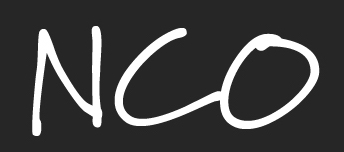 New Chamber Opera
New Chamber Opera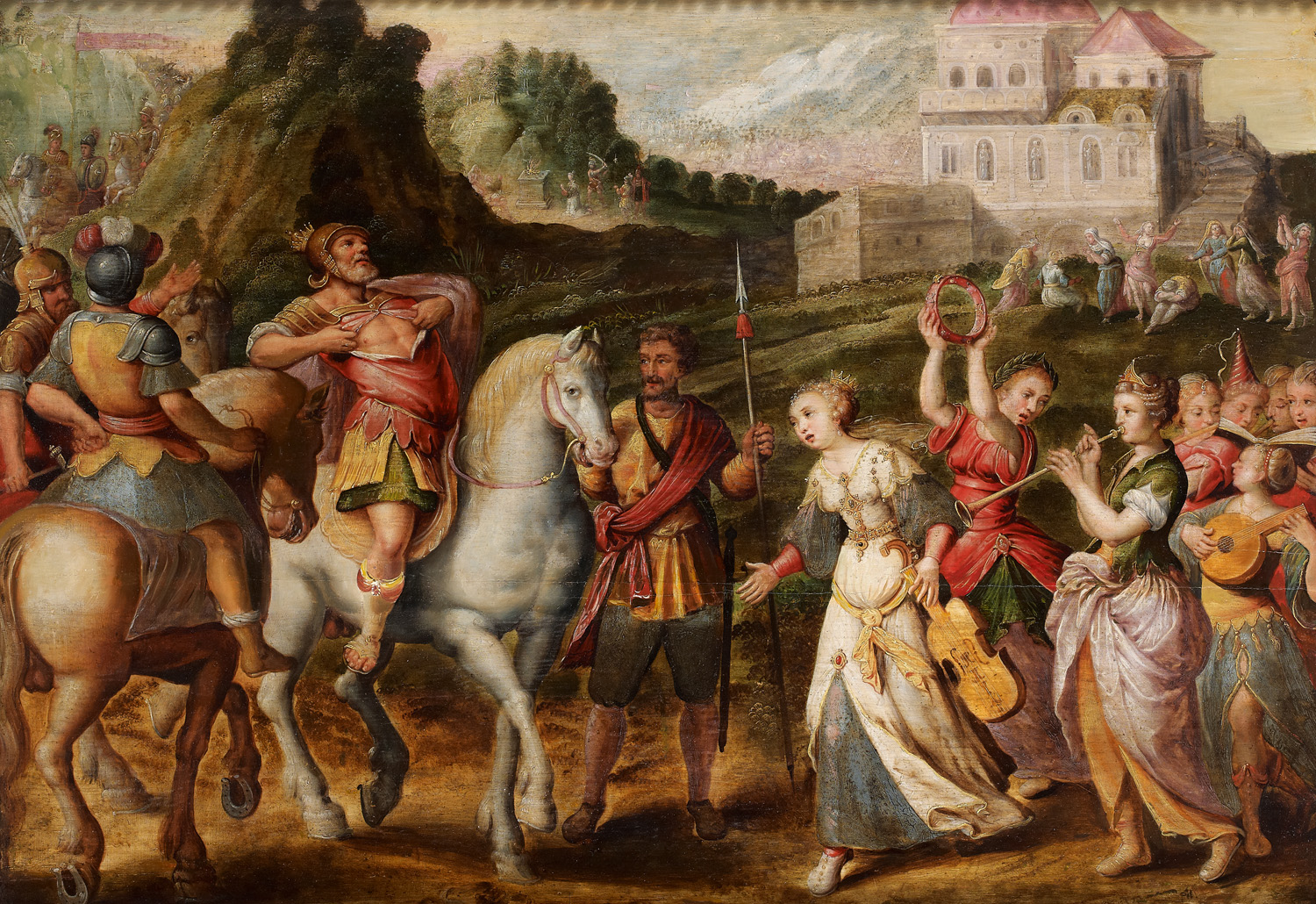
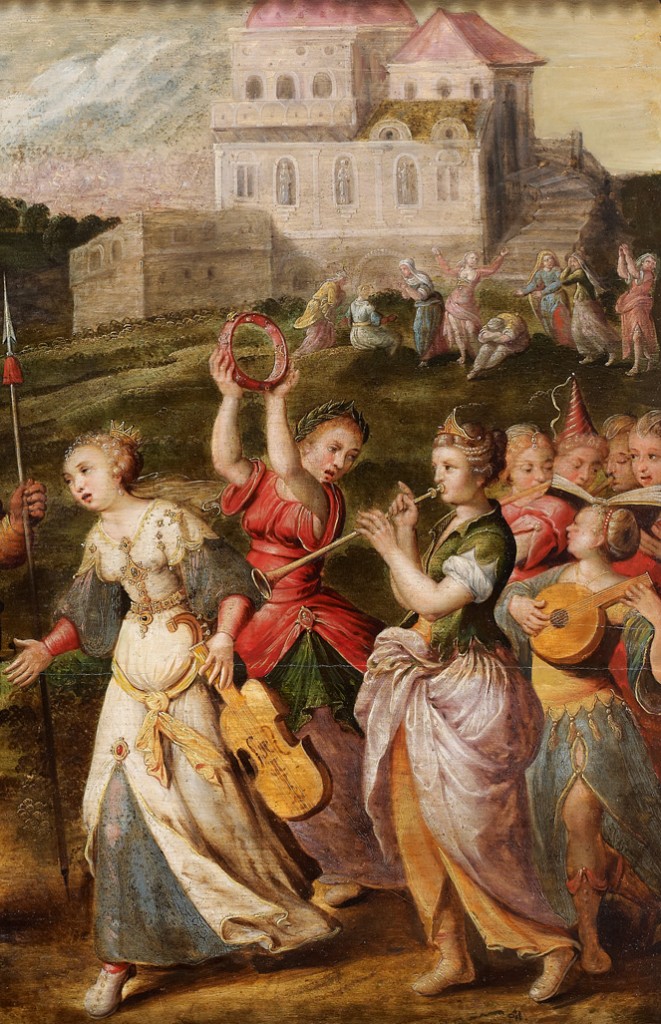 Bach: Easter Oratorio
Bach: Easter Oratorio
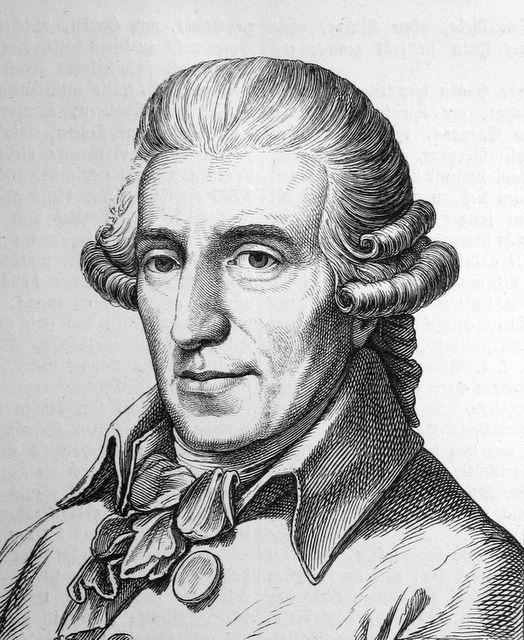
 9 (Preview), 12, 13, 15, 16, 18, 19, 20 July 2014
9 (Preview), 12, 13, 15, 16, 18, 19, 20 July 2014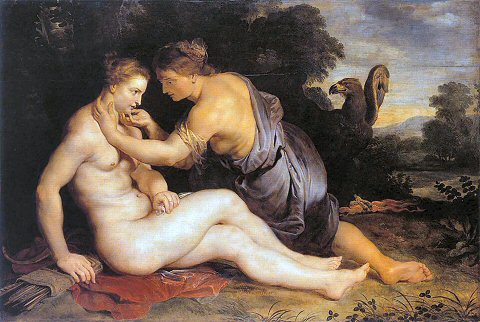
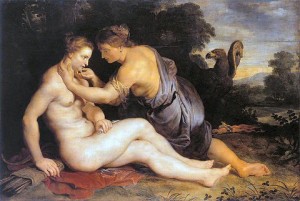 (in English)
(in English)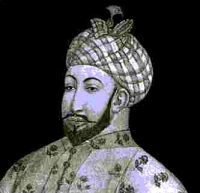
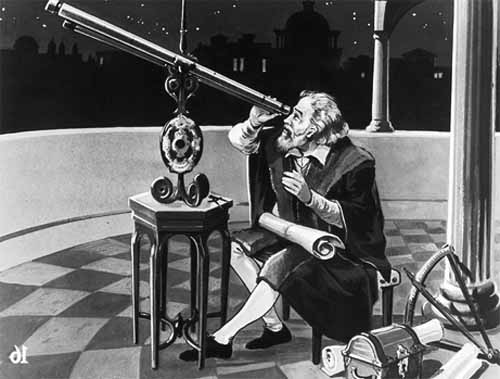
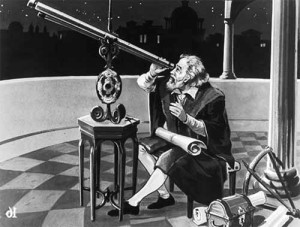 Conductor – Harry Sever
Conductor – Harry Sever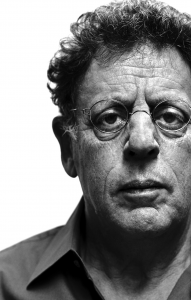 Cast
Cast